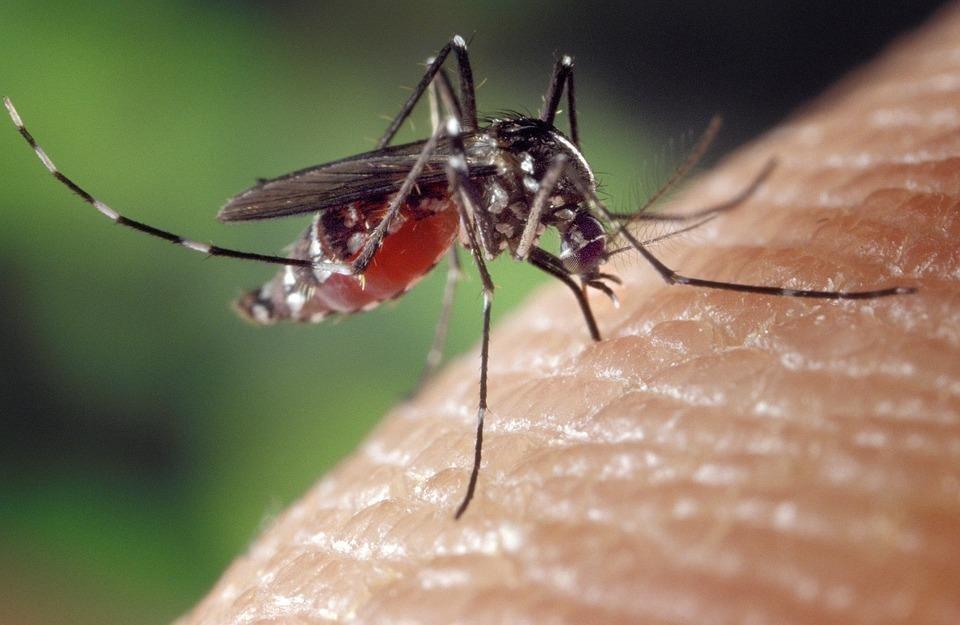Press Release
Threat of West Nile virus grows as more mosquitoes in Utah test positive
The Southeast Utah Health Department (SEUHD) has announced the first human case of West Nile Virus (WNV) in the district this year. The infected individual is an adult living in Grand County diagnosed with West Nile Virus infection. Due to medical privacy laws, SEUHD cannot release additional information about the individual except that this is not the neuroinvasive form of the disease. This news comes after a total of seven mosquito pools have tested positive for the virus this year.
Although not all mosquitoes carry WNV, people should avoid mosquito bites after dark by wearing long sleeves that are brightly colored, long pants and repellent. Use Environmental Protection Agency (EPA)-registered insect repellents with one of the following active ingredients DEET: Picaridin (known as KBR 3023 and Icaridin outside the US), IR3535, oil of lemon eucalyptus (OLE), Para-menthane-diol (PMD), 2-undecanone. When used as directed, EPA-registered insect repellents are proven safe and effective, even for pregnant and breastfeeding women. It is especially important to prevent night mosquito bites by having good window screens and by using a screened tent if sleeping outside. Additionally, drain all the standing water around your property, keep roof gutters clear of debris, ensure that door and window screens are in good condition, and keep weeds and grass cut short.
If a person is infected by West Nile virus, the risk of serious disease is low. Most of those affected will have a mild to severe flu-like illness with muscle aches, fever, rash and headache that usually lasts a few days but can last months. In rare cases, those infected may get meningitis or encephalitis. Those at greatest risk of serious disease are those with weakened immune systems, diabetes, high blood pressure or kidney disease. The elderly are at greatest risk for severe complications. The overall death rate is about one for every 1,000 infected individuals.
There is no specific treatment for WNV infection other than to treat symptoms. If you think you have WNV infection, contact your healthcare provider.


